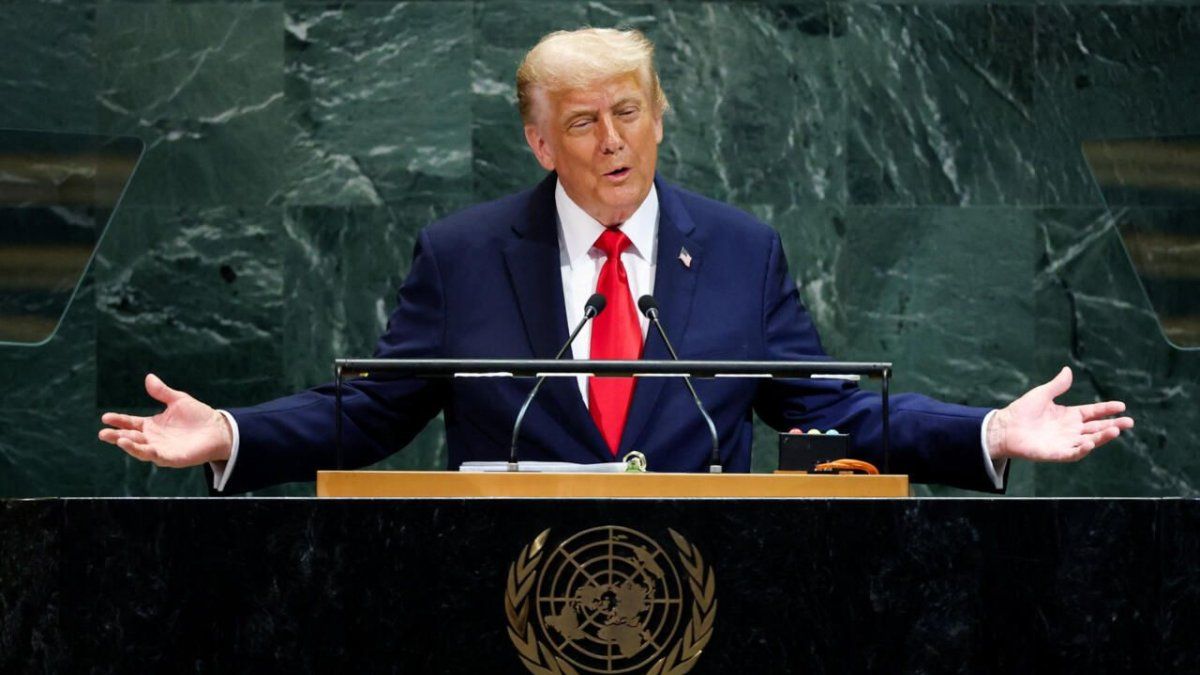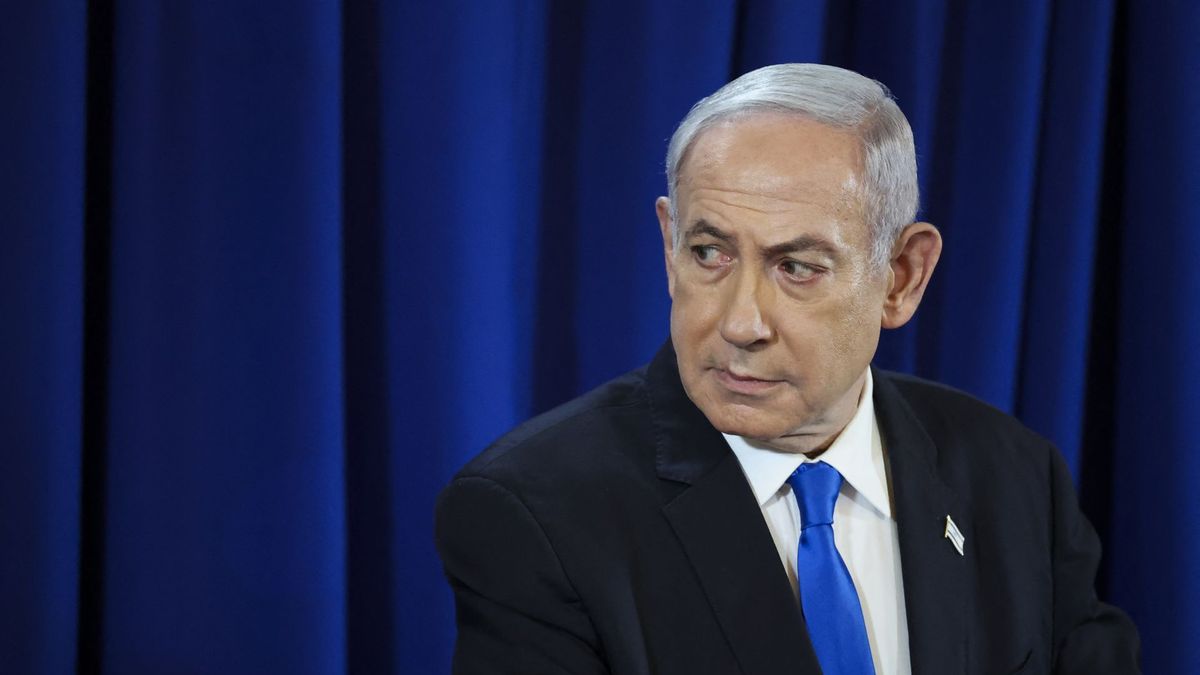The heads of government of the federal states agree across party lines: the federal government should give more money for the accommodation of refugees in the long term. A one-off increase is not enough for them.
Against the background of increasing numbers of refugees, the heads of government of the federal states reiterated their demand for permanent additional financial support from the federal government at a meeting with Chancellor Olaf Scholz (SPD).
According to information from groups of participants, negotiations in the Chancellery continued until the evening in differently occupied rounds. In the meantime, both sides deliberated separately. The federal government had not yet submitted a concrete financial offer, according to participants. The prime ministers had made it clear before the refugee summit began that they wanted more than a one-off payment.
The federal government, for its part, referred to billions in contributions that had already been made. But the states are calling for a system where federal payments automatically increase as more people come into the country who need care.
Partial results that would not mean entry into permanent financing commitments would be “no result” of the federal-state round on refugee policy, said the Vice-Chairman of the Prime Ministers’ Conference (MPK), North Rhine-Westphalia’s Prime Minister Hendrik Wüst (CDU).
Four-pillar model and flat rate per capita
The federal states want to stick to a four-pillar model – which they believe will prove successful until 2021 – which includes, above all, the full reimbursement of the costs of accommodation and heating for refugees. In addition, the states insist on payment of a monthly per capita fee under the Asylum Seekers Benefits Act and a federal contribution to the costs of integration and unaccompanied refugees.
The chairman of the FDP parliamentary group, Christian Dürr, criticized the attitude of the state leaders. He said in the evening: “More money is not the solution, but a different policy must be made with the money that is available.” Germany has “in the past made it too easy for those who have no prospects in Germany and, in particular, made it too difficult for those who want to integrate well here and work with us”. When it comes to providing for asylum seekers, there should be more emphasis on benefits in kind, because the payment of money is “a magnet that we can’t use”.
In case of doubt, the Prime Ministers wanted to adjourn rather than just agree to a one-off payment. “The Federal Chancellor and the heads of government of the federal states will meet again by November 2023 at the latest to finally discuss the concrete implementation of this model,” said a joint paper by the state heads.
“There must be no permanent haggling here”
For the current year, their decision includes the demand to increase the refugee lump sum by one billion euros “so that the federal states are supported in further relieving their municipalities and financing the digitization of the immigration authorities”. But that should only be part of a sustainable solution. “There must be no permanent haggling on these sensitive issues,” warned Wüst.
The most important requirement for the municipalities and a sticking point in the negotiations is that the federal government assumes the costs of accommodating the refugees. According to the municipal umbrella organizations, there is a gap of over 2 billion euros in this item alone since it is no longer fully reimbursed – this year 2.5 billion euros.
The consensus between the Chancellor and the heads of government of the federal states is that, in addition to financing issues, fundamental decisions should be made at European level, the Prime Ministers’ paper goes on to say. The priority is to uphold humanitarian and legal obligations, record the number and status of migrants coming to Germany as early as possible, speed up domestic procedures and administrative processes, and provide appropriate accommodation, care and integration for the refugees. Criminals in particular should be consistently deported.
“Chancellor must now make the issue a top priority”
In the first four months of this year, the Federal Office for Migration and Refugees received 101,981 asylum applications. This is an increase in the number of applications by around 78 percent compared to the same period last year. Since the beginning of the year, the main countries of origin have been Syria, Afghanistan and Turkey. In addition, more than a million war refugees from Ukraine who do not have to apply for asylum must be accommodated.
Wüst called for Scholz to lead before the meeting. “The chancellor must now make the issue a top priority, take responsibility and show leadership,” he said. There must be permanent, fair and reliable financing of the costs and better management of migration. Because the federal government decides how to control immigration, it also has to bear financial responsibility for the consequences.
Source: Stern
I have been working in the news industry for over 6 years, first as a reporter and now as an editor. I have covered politics extensively, and my work has appeared in major newspapers and online news outlets around the world. In addition to my writing, I also contribute regularly to 24 Hours World.




